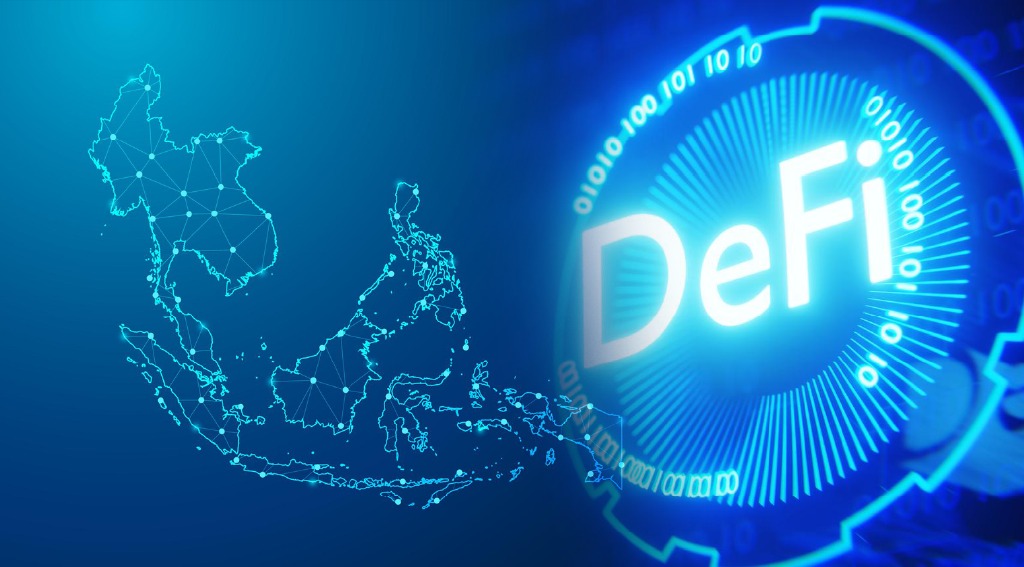In the fast-paced world of finance, innovation never sleeps. The concept of Decentralized Finance, or DeFi, has been disrupting traditional financial services for several years now, but in 2024, it is poised to reach new heights. This article will provide an expert overview of DeFi, exploring its core principles, recent developments, and the transformative impact it is having on the financial industry.
The Fundamentals of DeFi
DeFi Defined: At its core, DeFi refers to the use of blockchain technology to recreate and improve upon traditional financial systems and services in a decentralized manner.
Key Features of DeFi:
- Open and Permissionless: DeFi operates on open-source blockchain platforms, making it accessible to anyone with an internet connection.
- Transparency: Transactions on DeFi platforms are transparent and recorded on the blockchain for anyone to verify.
- Interoperability: DeFi protocols can interact with one another, enabling seamless integration between different services.
Recent Developments in DeFi
In 2024, DeFi has experienced significant growth and innovation. Here are some key developments:
1. Yield Farming and Liquidity Provision: DeFi platforms have introduced yield farming mechanisms, allowing users to earn rewards by providing liquidity to decentralized exchanges.
2. Decentralized Autonomous Organizations (DAOs): DAOs have gained prominence, enabling decentralized governance and decision-making within DeFi projects.
3. Layer 2 Solutions: To address scalability issues, DeFi projects have started adopting layer 2 solutions, which offer faster and cheaper transactions while still benefiting from the security of the underlying blockchain.
4. Cross-Chain Integration: DeFi is expanding beyond Ethereum, with cross-chain solutions allowing assets to move seamlessly between different blockchain networks.
Benefits of DeFi
DeFi offers a multitude of benefits that are reshaping the financial landscape:
1. Financial Inclusion: DeFi opens up financial services to anyone with an internet connection, bridging the gap for the unbanked and underbanked.
2. Enhanced Security: The use of blockchain technology provides robust security measures, reducing the risk of fraud and hacking.
3. Lower Costs: DeFi eliminates intermediaries, reducing fees associated with traditional financial services.
4. Accessibility: Users can access DeFi platforms 24/7, without relying on traditional banking hours.
Use Cases of DeFi
DeFi has a wide range of use cases, transforming various aspects of finance:
1. Decentralized Exchanges (DEXs): DEXs allow users to trade cryptocurrencies without relying on centralized exchanges, providing greater control and security.
2. Lending and Borrowing: DeFi lending platforms enable users to earn interest on their crypto holdings or borrow assets without going through traditional banks.
3. Stablecoins: Stablecoins, such as DAI, are decentralized digital currencies pegged to real-world assets like the US dollar, providing stability in the volatile crypto market.
4. Prediction Markets: DeFi-based prediction markets allow users to bet on future events, from sports outcomes to election results, in a decentralized and transparent manner.
Challenges and Considerations
Despite its promise, DeFi faces several challenges and considerations:
1. Regulatory Scrutiny: Governments and regulatory bodies are still grappling with how to regulate DeFi, which could lead to increased scrutiny and potential restrictions.
2. Smart Contract Risks: Vulnerabilities in smart contracts can lead to hacks and losses, necessitating ongoing security audits and improvements.
3. User Education: DeFi requires a level of technical knowledge that not all users possess, leading to potential risks for inexperienced participants.
The Future of DeFi
As we look ahead to 2024, the future of DeFi appears bright:
1. Mainstream Adoption: DeFi is likely to see increased adoption as user-friendly interfaces and educational resources become more accessible.
2. Institutional Involvement: Traditional financial institutions are exploring ways to integrate DeFi into their services, potentially bringing greater legitimacy to the space.
3. Cross-Industry Integration: DeFi principles may extend beyond finance, impacting sectors like healthcare, supply chain management, and more.
Conclusion
DeFi is not just a buzzword; it’s a fundamental shift in how we think about and interact with financial services. While challenges and risks remain, the potential for financial inclusion, reduced costs, and enhanced security are too significant to ignore. As DeFi continues to evolve and mature, it has the potential to democratize finance, giving individuals greater control and access to a wide range of financial services. In 2024 and beyond, the DeFi revolution is set to redefine the financial industry as we know it.

